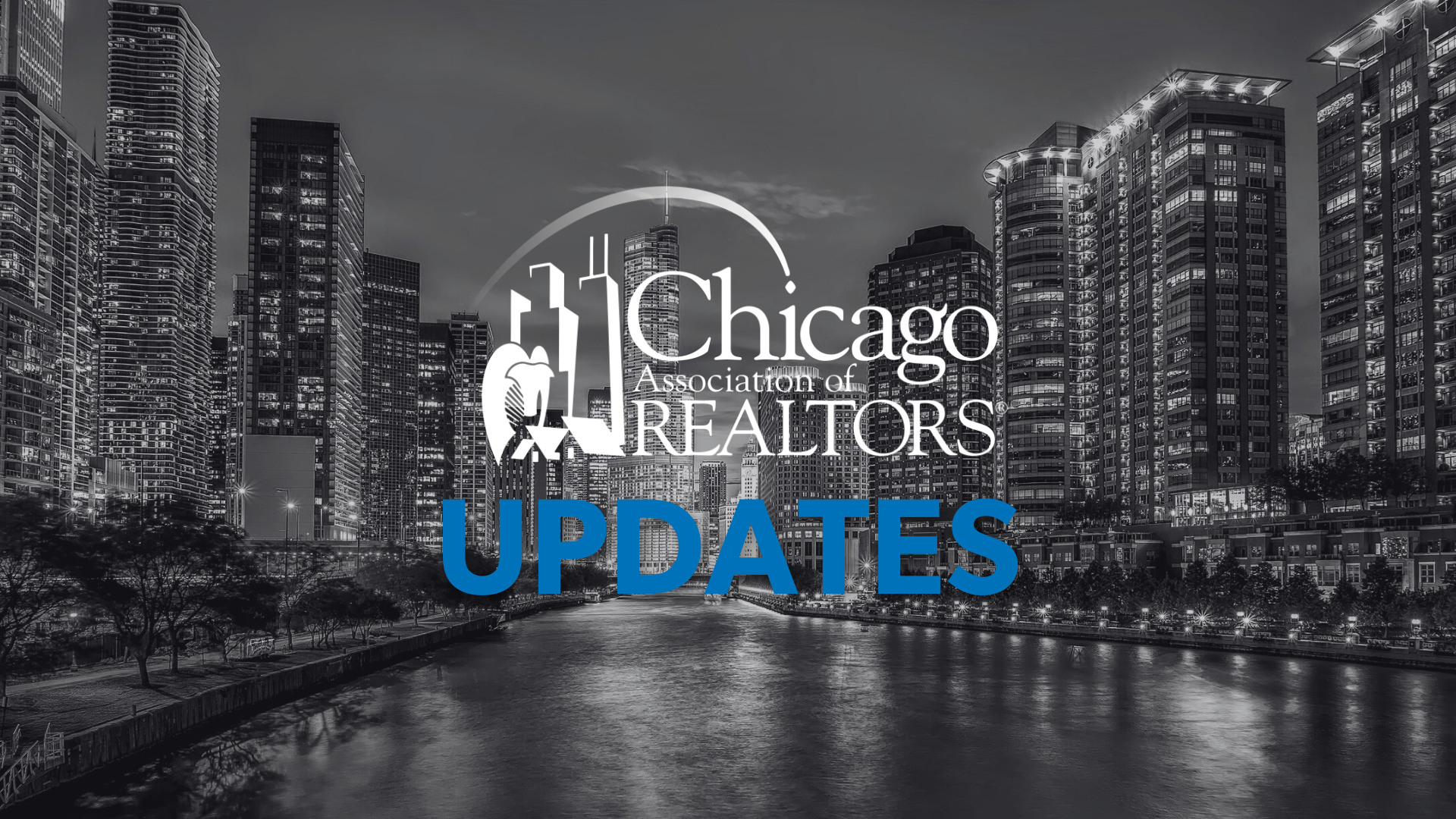The Illinois Landlord Tenant Act had two important amendments that went into effect on January 1, 2025. If your business involves rentals in Illinois, you’ll want to ensure you and your clients are aware of these changes.
The following summary is provided for informational purposes only and is not legal advice. The full text of each amendment is linked and should be reviewed for its full context.
SB2601 Disclosure of Potential Flooding
Key Takeaways
- Mandatory Flood Risk Disclosure Before Leasing
- Landlords must disclose to tenants in writing before signing a lease:
- If the property is located in a FEMA Special Flood Hazard Area (100-year floodplain).
- If the property or its parking areas have experienced flooding, along with the frequency.
- This must be re-disclosed in the lease and signed by both parties.
- Landlords must disclose to tenants in writing before signing a lease:
- Additional Requirements for Lower-Level Units
- If renting out a lower-level unit, landlords must disclose to tenants in writing before signing a lease:
- If the unit or surrounding property has flooded in the last 10 years.
- How often flooding has occurred.
- This must be re-disclosed in the lease and signed by both parties.
- If renting out a lower-level unit, landlords must disclose to tenants in writing before signing a lease:
- Defined Terms
- “Flood” and “flooding” mean a general or temporary condition of partial or complete inundation of a dwelling or property caused by:
- The overflow of inland or tidal waves;
- The unusual and rapid accumulation of runoff or surface waters from any established water source such as a river, stream, or drainage ditch; or
- Rainfall.
- “Lower-level unit” means any garden-level unit, basement-level unit, or first-floor level unit.
- “Flood” and “flooding” mean a general or temporary condition of partial or complete inundation of a dwelling or property caused by:
- Tenant Rights if Disclosure is Not Provided
- If the landlord fails to disclose flood risk and the tenant later finds out:
- The tenant can terminate the lease within 30 days of discovering the failure.
- The landlord must return all rent and fees paid in advance within 15 days.
- If flooding occurs and damages the tenant’s property or makes the unit unlivable:
- The tenant can terminate the lease within 30 days of the flood.
- The landlord must return all rent and fees within 15 days.
- The tenant may also sue the landlord for damages to personal property.
- If the landlord fails to disclose flood risk and the tenant later finds out:
A new Disclosure of Potential Flooding is available in our Forms and Contracts Library.
HB4926 Reusable Tenant Credit Reports
New Requirement: Accepting Reusable Tenant Screening Reports
A Reusable Tenant Screening Report is a tenant background check prepared by a consumer credit reporting agency at the tenant’s request and expense. It must include:
- Tenant’s name and contact information
- Verification of income source
- Last known address
- Eviction history check (within legal guidelines)
Key Takeaways
- No Application Fee If Tenant Provides a Reusable Report
- If a tenant submits a reusable tenant screening report that is less than 30 days old and meets all criteria, the landlord cannot charge an application or screening fee.
- Report Must Meet Specific Criteria
- The report must be provided by a legitimate credit reporting agency and comply with all state and federal laws.
- The report must be accessible to the landlord at no cost and include all the criteria they typically use for screening tenants.
- Landlords Can Request Additional Confirmation
- A landlord can ask the tenant to confirm that no material changes have occurred in their information since the report was prepared.
- If the landlord decides to collect additional information, they cannot charge an application screening fee for this process.
- Local Ordinances May Provide Greater Tenant Protections
- If local laws offer more tenant-friendly protections, those rules take priority over this state law.







